Best Wound Care Products for Seniors of 2025

Written by Chad Birt on Wed Jan 01 2025.
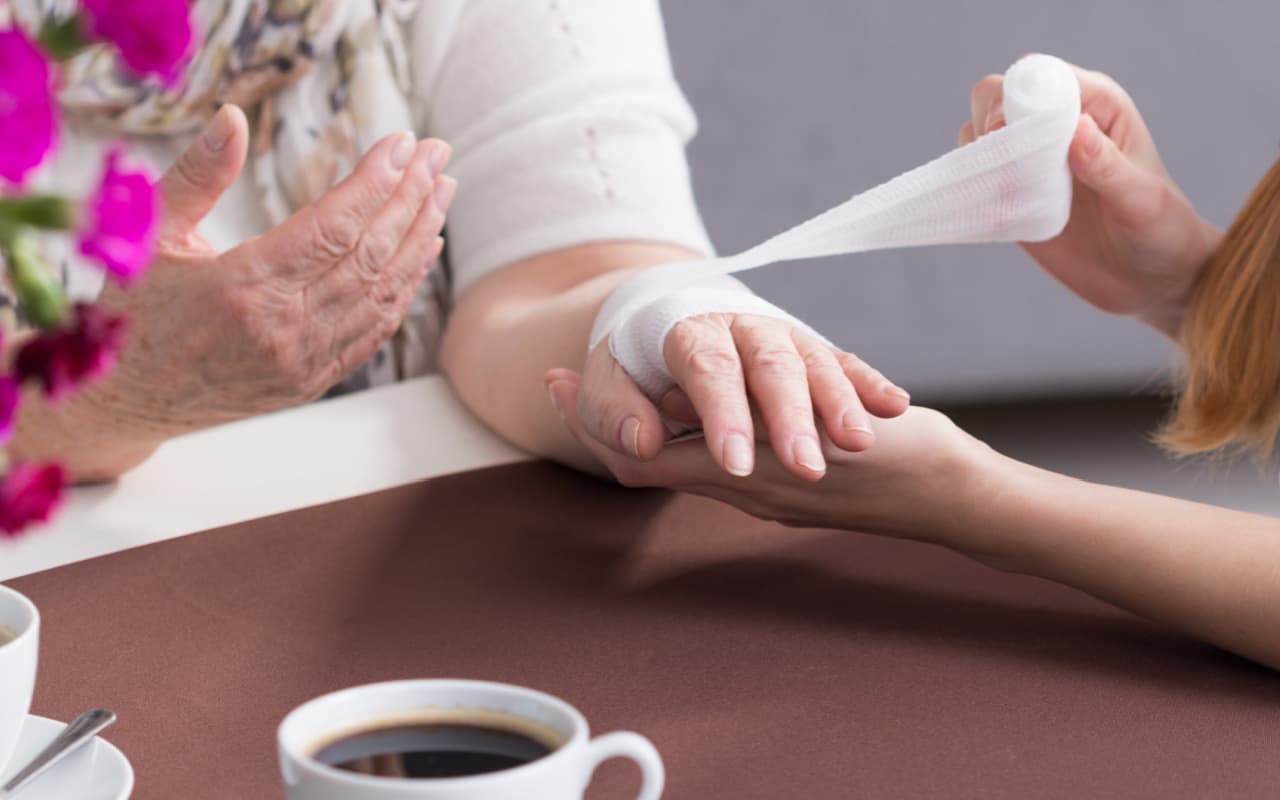
Wound care is something all people need from time to time. If you fall and scrape your knee, cut yourself while making dinner, or have a wound from surgery to tend to, it’s important to know how to clean and care for the injury to prevent infection and other serious issues.
As a caregiver, wound care is especially important. Cleaning and changing wound dressings at regular intervals can speed up your loved one’s healing process and ensure they remain healthy. Our Care Specialists often receive questions about wound care, so we’ve compiled this list of the best products to have on hand.
What types of injuries require wound care?
Before we discuss some of the best wound care products, you need to have a basic understanding of the different types of wounds.
Open wounds fall into four categories: abrasions, lacerations, punctures, and avulsions.
Abrasion: Abrasions occur when your skin rubs against a hard surface, like concrete or asphalt. These wounds rarely bleed, but they tend to get dirt and debris caught in them.
Laceration: A laceration causes a significant break in your skin. Often, these wounds occur due to contact with a sharp object, such as a knife, scissors, or hand tools.
Puncture: A puncture wound occurs when your skin is penetrated by a sharp object, like a thumbtack or a nail. Puncture wounds don't always bleed, but depending on the length of the object that causes the wound, they may result in internal damage.
Avulsion: Avulsions are large wounds that occur due to sudden trauma, like a car accident or explosion. They bleed heavily and are potentially life-threatening.
If you care for someone who is bed-limited or in a wheelchair, you also need to be aware of pressure ulcers. These wounds tend to form on the bony areas of the body and occur due to prolonged periods of sitting or lying down.
What wound care products should caregivers have on hand?
Cleaning supplies
Whenever someone experiences a cut, a scrape, or another similar injury, it's important to keep the wound clean. First, rinse the wound off in cool tap water. Then, carefully wipe away any dirt or debris with a clean washcloth. Next, let the tap water warm up and use a gentle, unscented soap to thoroughly cleanse the wound.
Soap and water can safely clean most lesions, including small surgical wounds, but if your senior experiences a deep cut or they develop leg ulcers or foot ulcers, it's a good idea to also apply a disinfectant. Be careful not to go overboard. Too much antiseptic can actually harm healthy tissue.
At Carewell, we carry several wound cleaning products, including:
Image Not Available
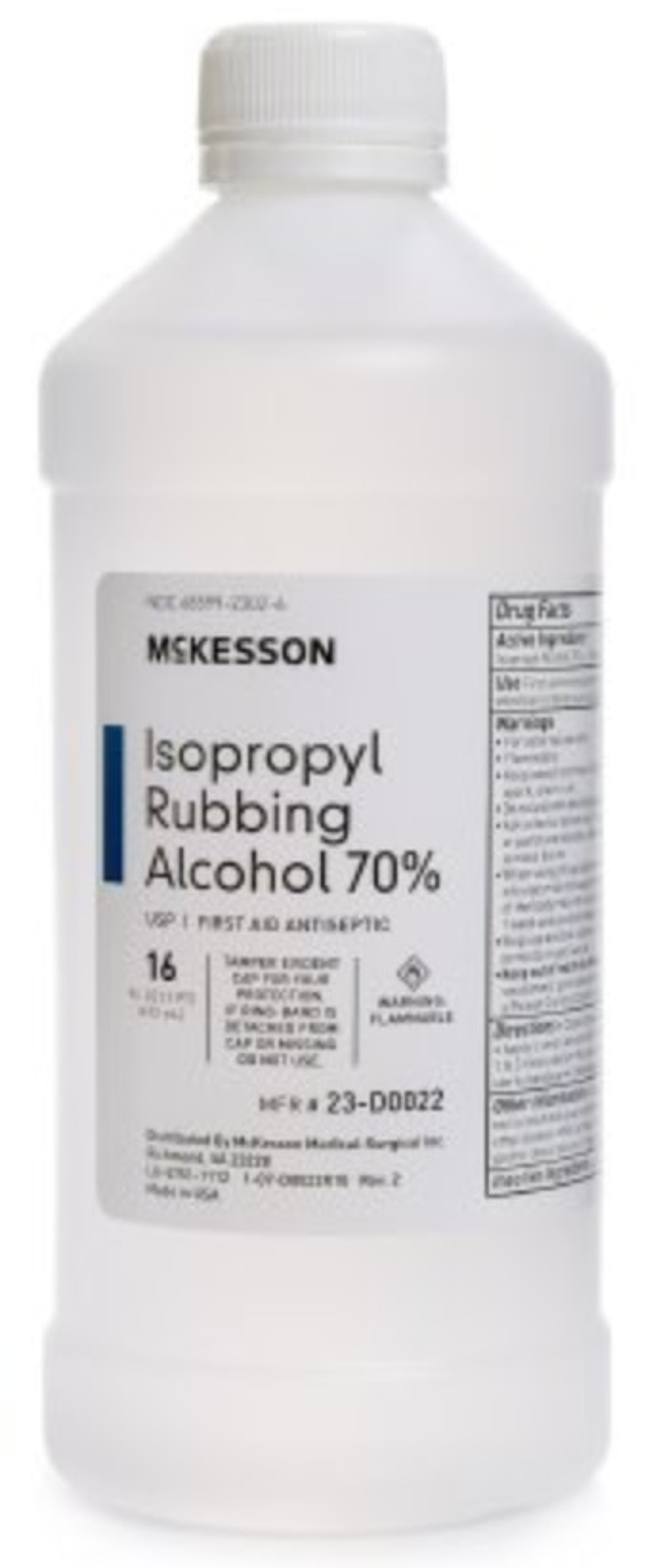
Antibiotic creams and ointments
After you clean the wound, apply an antibiotic cream or ointment. These products keep the wound moist, encouraging the body's natural healing process while reducing the risk of infection or gangrene.
Some people have allergies that react to these products. If your senior develops a rash or itchy skin, try several brands with different formulations.
Some of our favorite antibiotic creams and ointments include:

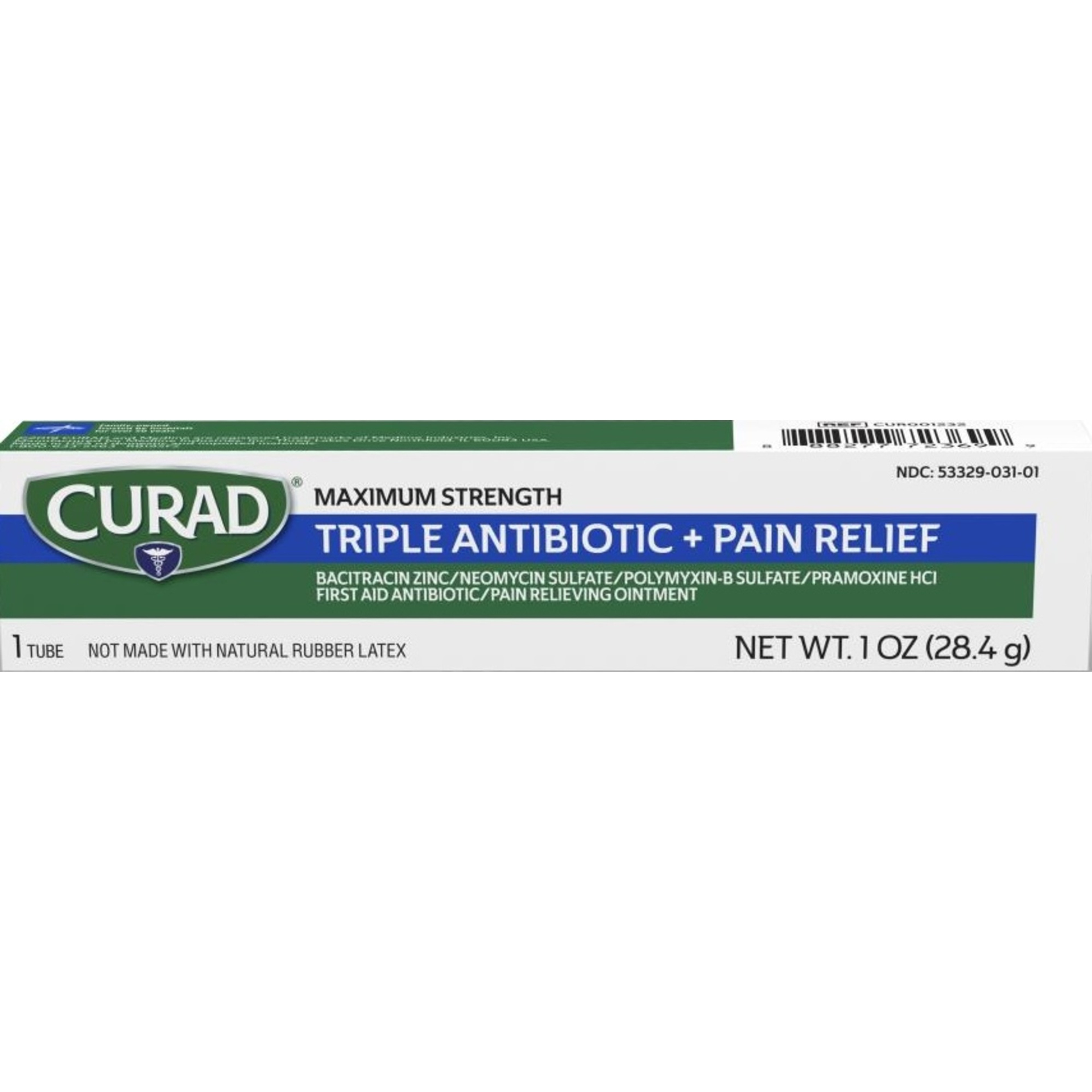
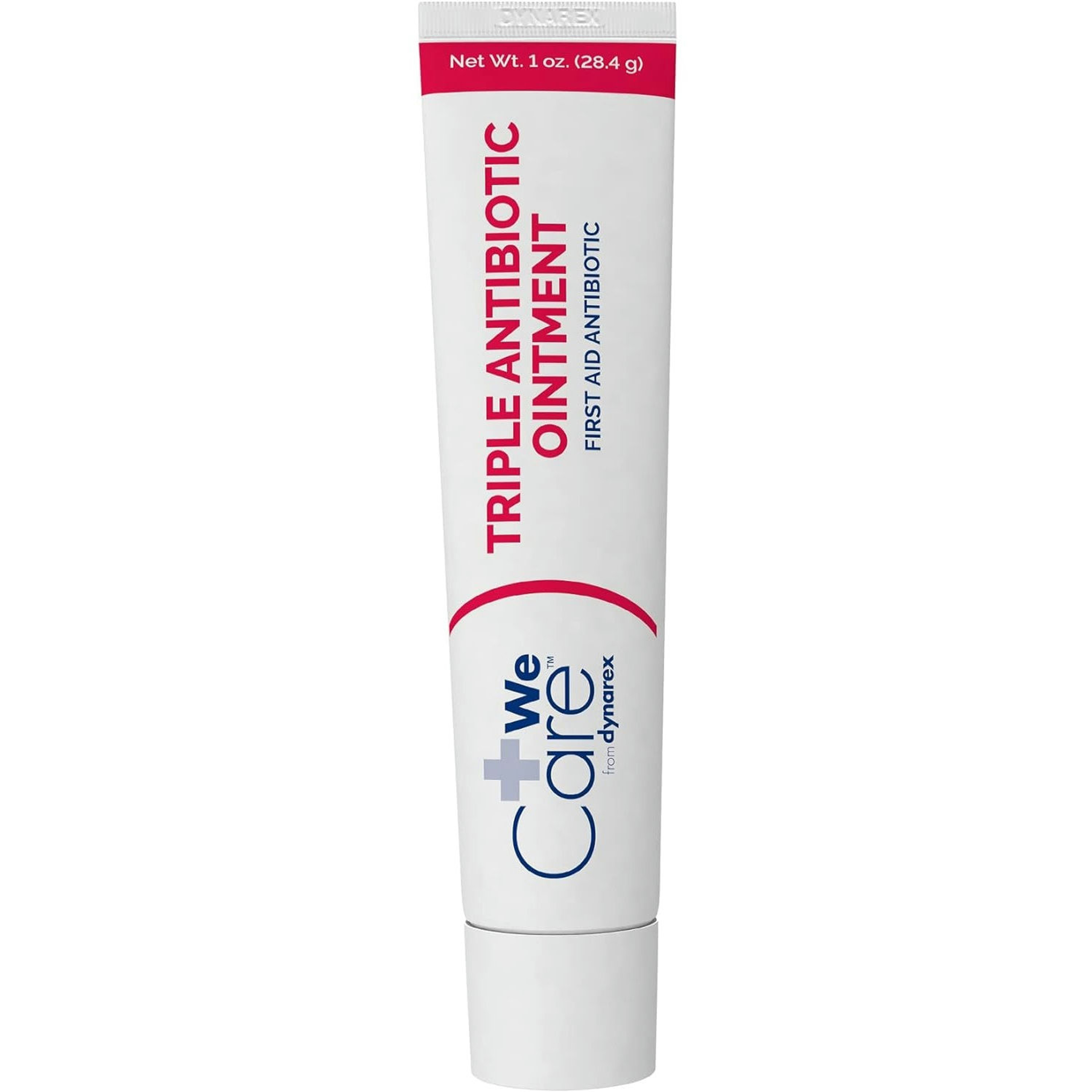
Bandages
Bandages are sterile adhesives that cover an open wound or hold a dressing in place. As a general rule of thumb, apply a bandage to any cut or laceration that comes into contact with clothing or other fabric. For example, if your loved one has a diabetic foot ulcer, cover it with a clean dressing to prevent it from rubbing against their socks. Then, apply a bandage. The extra layers of protection encourage the formation of scabs, speeding up the body's healing process.
Here at Carewell, we carry bandages in various shapes and sizes, including:



Click here for a comprehensive list of all our offerings.
Gauze
Mild cuts and lacerations typically don't need gauze. But if your loved one has deep wounds like leg ulcers or pressure ulcers, this can help in several ways. For one, it protects the injury from potentially harmful bacteria. Gauze also soaks up excess blood and bodily fluids, which makes removing and changing the dressings less painful.
It comes in several forms, including sterile and non-sterile rolls and sponges. Here are a few of our top sellers:
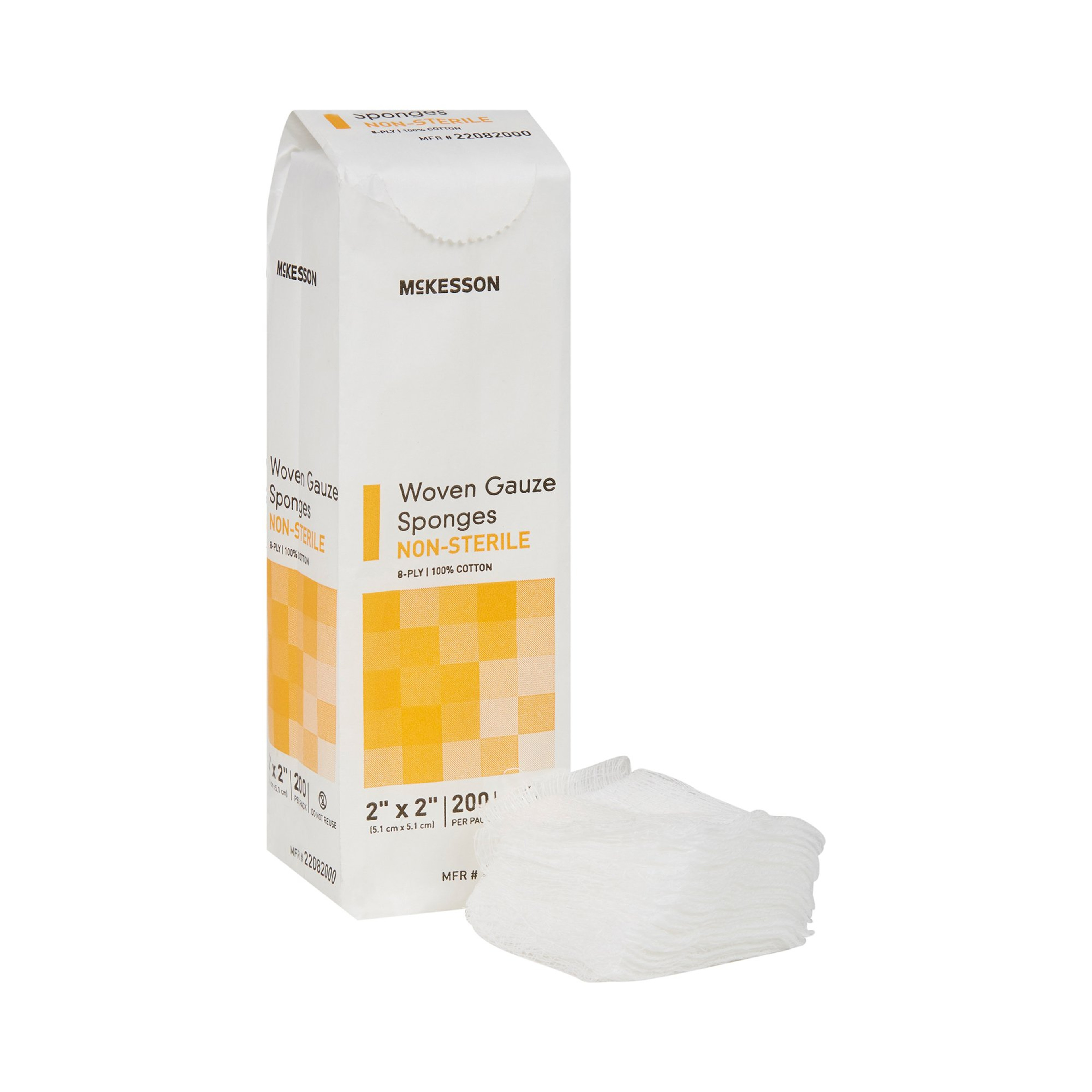
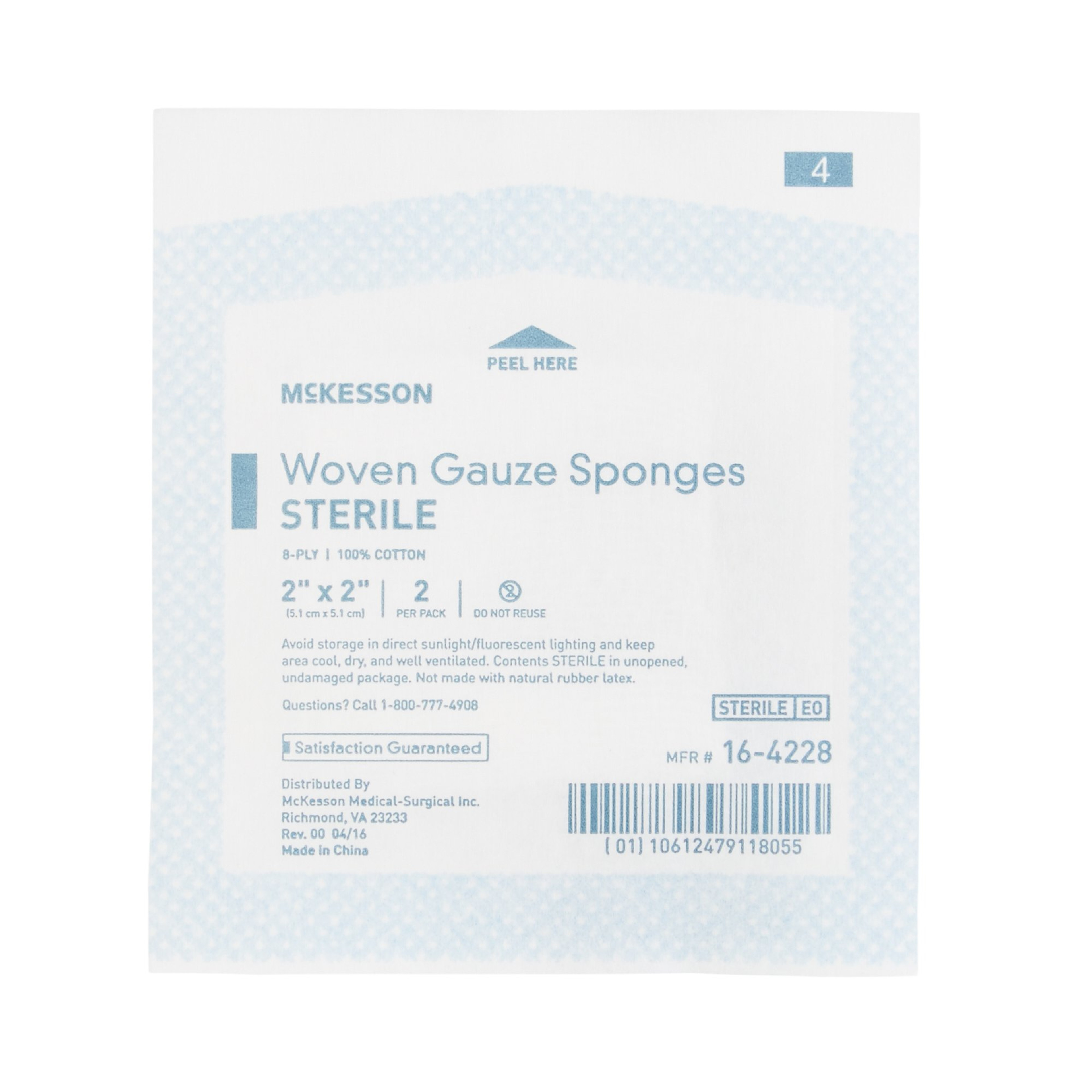

Click here to view all of our offerings.
Wound dressings
Dressings are a wound care product that soaks up excess blood, assists in wound debridement, and encourages clotting. Some dressings are sterile pads made of gauze or another type of absorbent material. Others come in a hydrogel form and are directly applied to the skin. If you want to extend the use of a dressing, always cover it with a bandage.
At Carewell, we carry a variety of wound dressings, including:

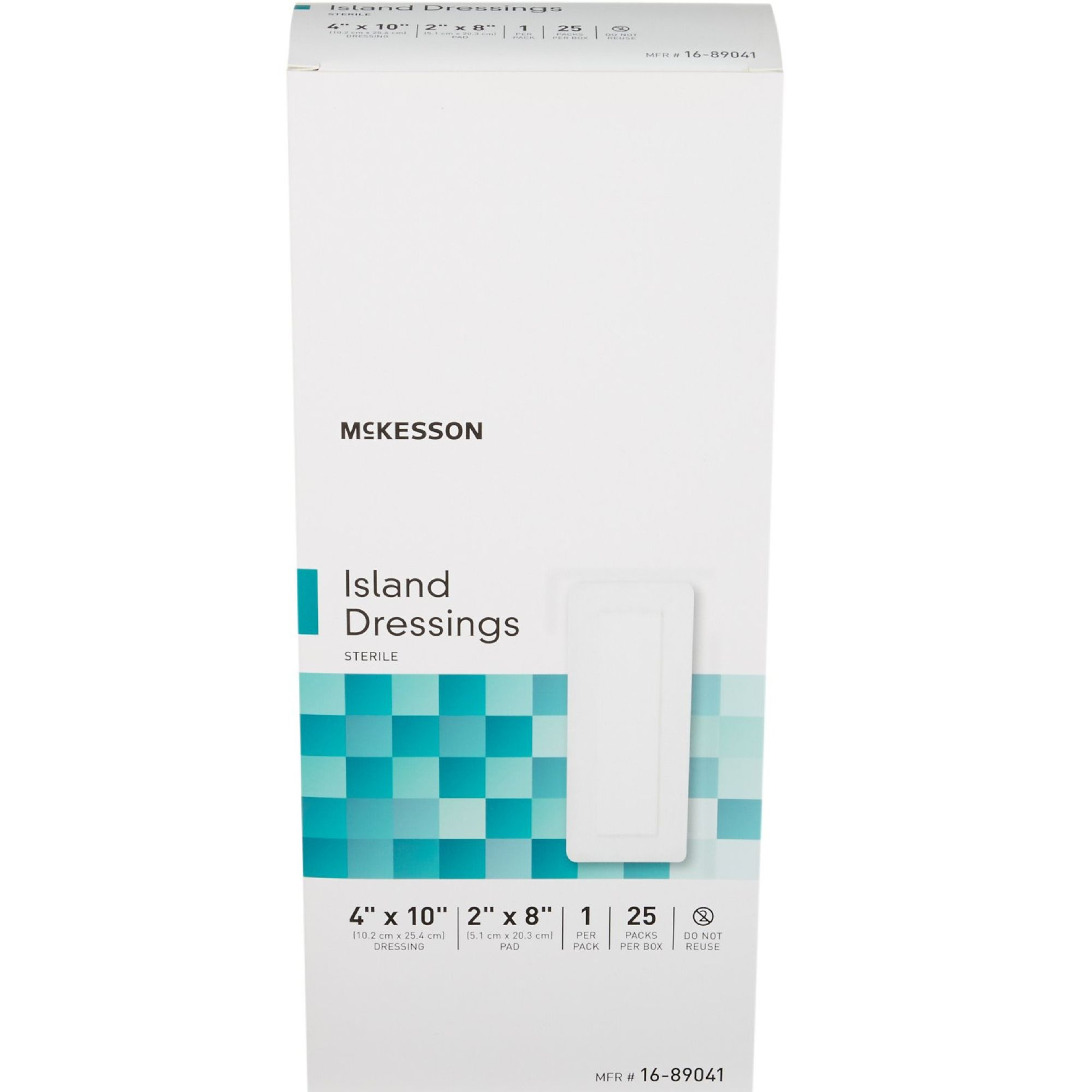

What if I have questions about wound care products?
Caring for a loved one's wounds can be stressful, especially if you've never done it before. If you have questions about the products we carry or you need assistance making the right choice, please reach out to our friendly Care Specialists. Call (800) 696-CARE or send an email to support@carewell.com.
With the right items on hand, you can keep your senior healthy and reduce the risk of infection, tetanus, or other wound-related complications. If you are worried about infection, reach out for guidelines from your health care provider.
Other Articles You May Like
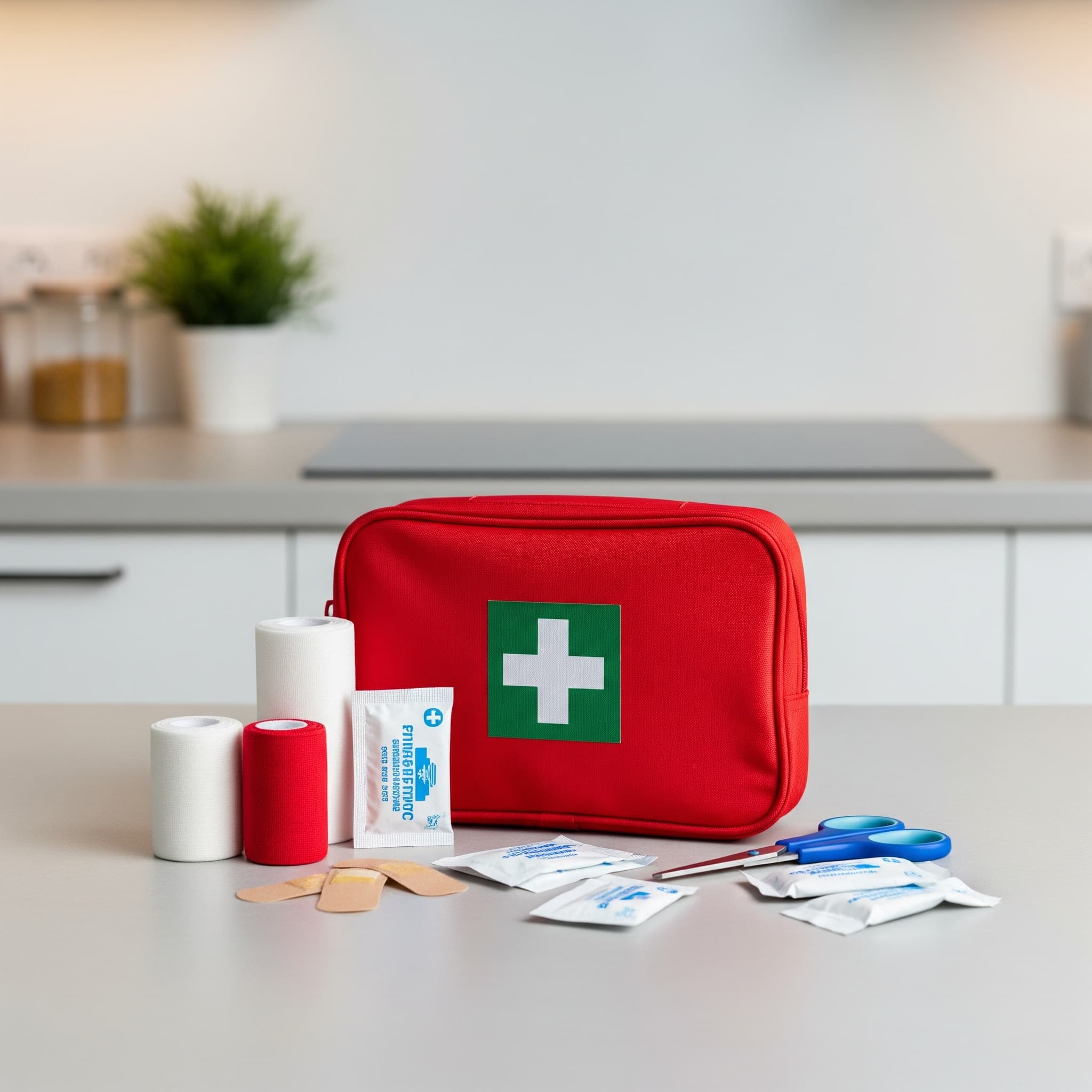
Best Products to Include in a Caregiver's First Aid Kit of 2025
You have many jobs as a caregiver, but one of the most important is keeping your loved one safe, healthy, and comfortable at all times. If your care recipient hurts themselves and requires medical help, you can minimize complications like excess bleeding until you make it to an urgent care facility or the emergency room.
Complete your first aid kit. >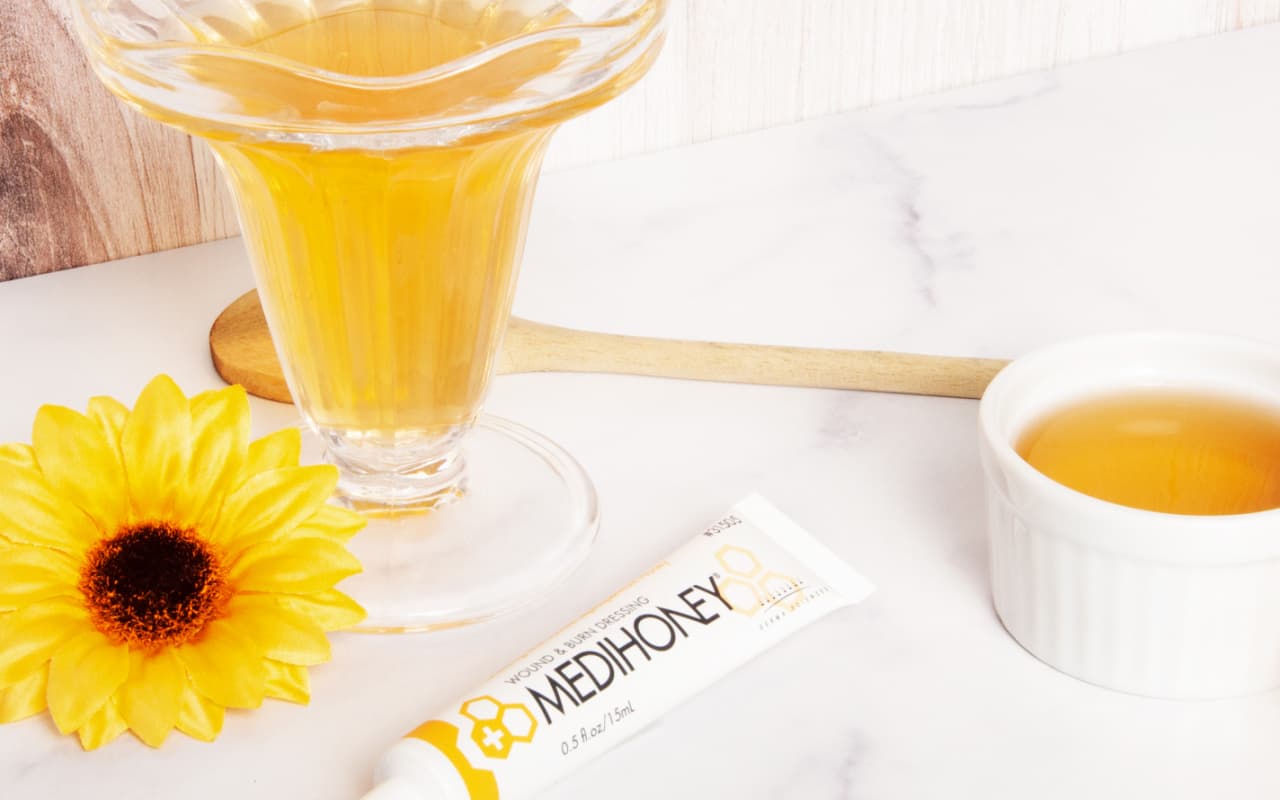
What is MEDIHONEY?
Honey's remarkable medicinal benefits have been recognized for over 5,000 years. This natural sweetener, long used in traditional medicine, finally received FDA clearance in 2011. This significant milestone was achieved when Derma Sciences, Inc., a New Jersey-based medical devices company, introduced their innovative MEDIHONEY® hydrogel to the market. Today, medical-grade honey products are a trusted solution in wound care, leveraging honey's natural properties to promote healing and manage various types of wounds.
Read More >
Chad Birt is a freelance medical writer who resides in Astoria, Oregon. When he isn't behind a keyboard, you can find him hiking, camping, or birdwatching with his wife Ella and their two dogs, Diane and Thoreau.